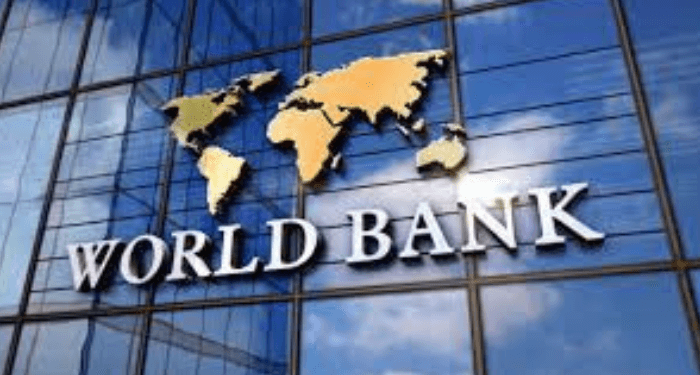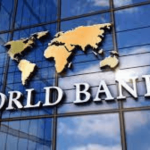Nigeria’s economic challenges intensified in 2022, costing the country an estimated N10 trillion in lost revenue due to fuel subsidies and multiple exchange rates, according to Indermit Gill, Senior Vice President of the World Bank Group. He made this revelation during the 30th Nigerian Economic Summit in Abuja.
Gill detailed that approximately N5.2 trillion, or 3% of Nigeria’s GDP, was lost solely due to the pegging of the exchange rate. In addition, the petrol subsidy accounted for about N4.5 trillion, bringing the total losses to an alarming N10 trillion, equivalent to $15 billion.
“Before the reforms, the official exchange rate was around N455 per dollar, while the parallel rate soared to nearly N700. This disparity meant a loss of close to N250 for every dollar allocated at the official rate,” Gill explained. “Together, these two subsidies—the implicit one from the exchange rate and the explicit PMS subsidy—amounted to a staggering N10 trillion a year by 2022 or $15 billion at the free market exchange rate.”
The World Bank emphasized that Nigeria was on the verge of economic collapse prior to the implementation of crucial reforms aimed at removing subsidies and unifying the exchange rate. Gill criticized the Central Bank’s reliance on printing money to manage the financial burdens of these subsidies, stating that such practices fueled inflation and left the government in a precarious situation.
He highlighted the extensive fiscal impact of these policies, which effectively imposed a 35% tax on non-oil exports, including agriculture and manufacturing. The indirect effects were even more severe, with an implicit tax of 37% on these sectors.
“Ways and means advances became the primary method for financing government deficits tied to the exchange rate and PMS subsidy, leading to inflation. By 2022, debt servicing consumed all government revenues, resulting in a burgeoning public debt,” Gill warned. He concluded that Nigeria was at a critical juncture, emphasizing the need for sustainable fiscal reforms to restore confidence in the naira and stabilize the economy.
The implications of these findings underscore the urgent need for effective economic policies that can support Nigeria’s growth while addressing the structural challenges facing its economy.










